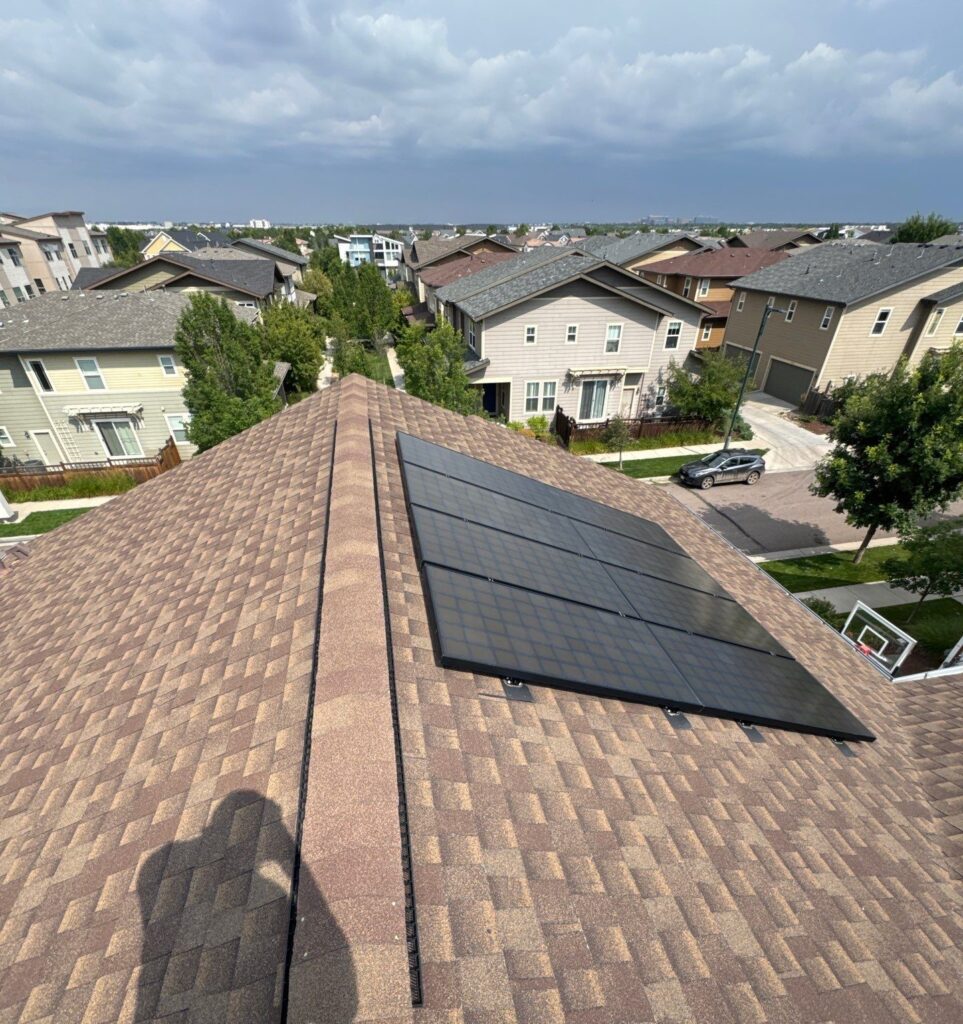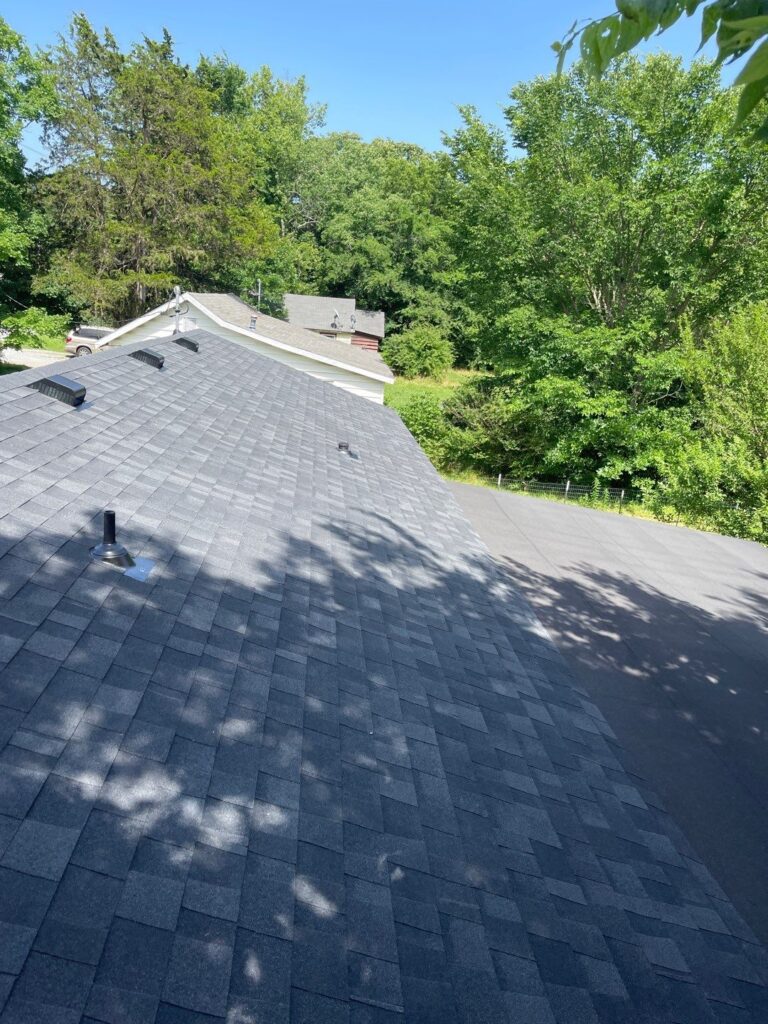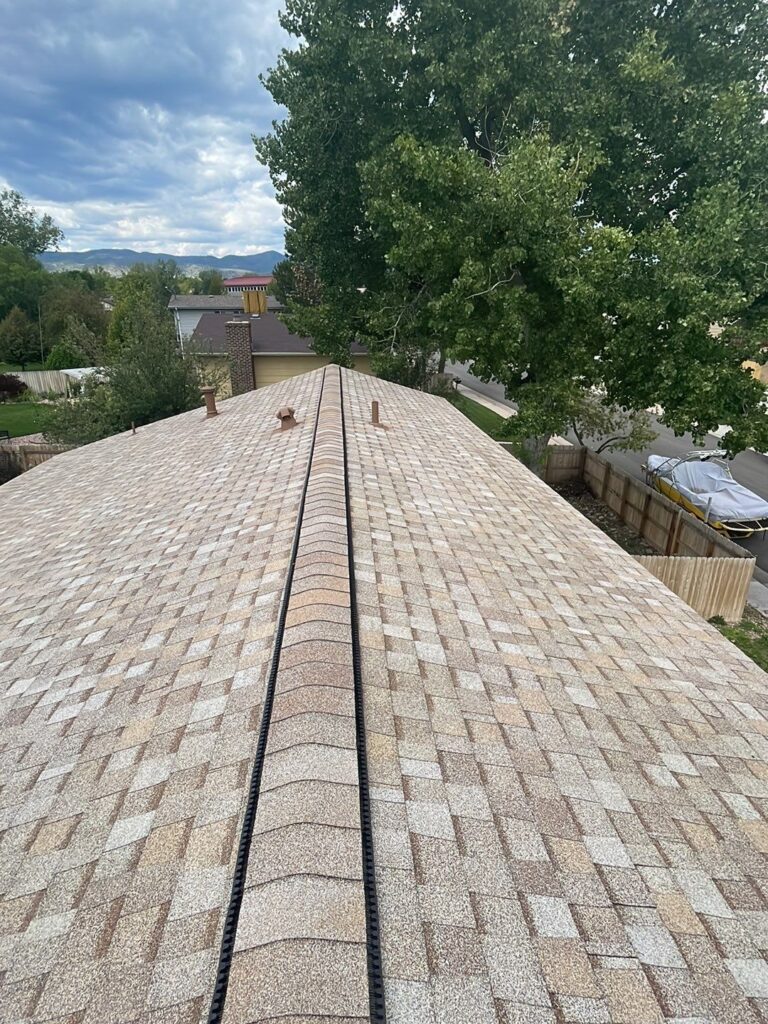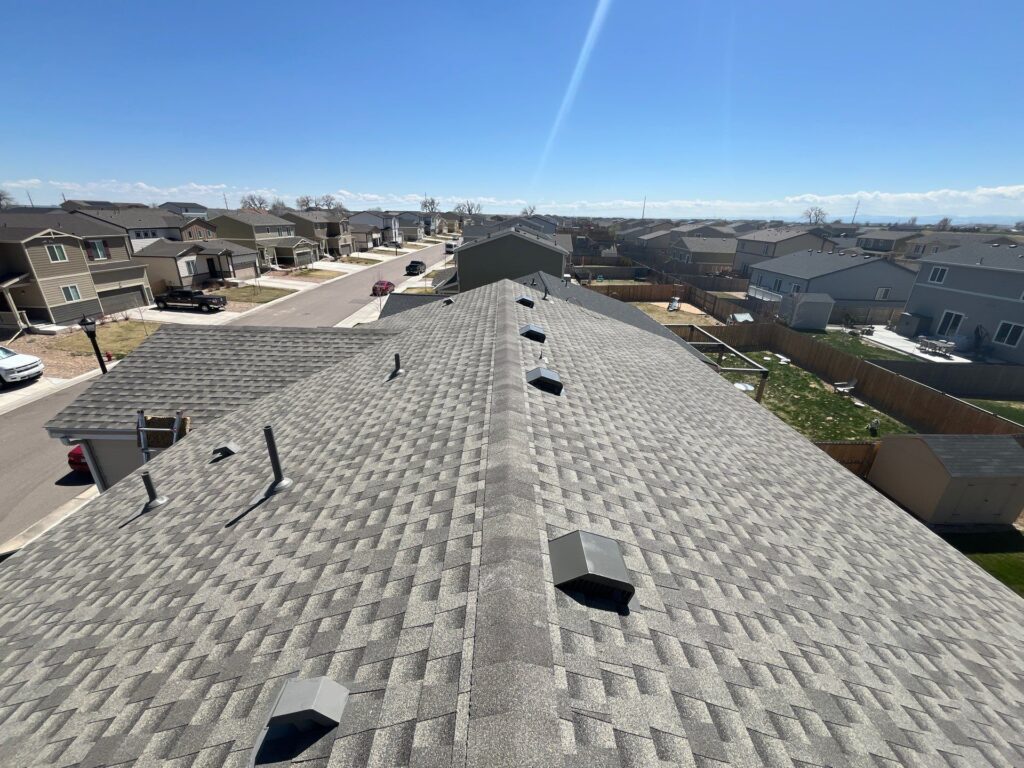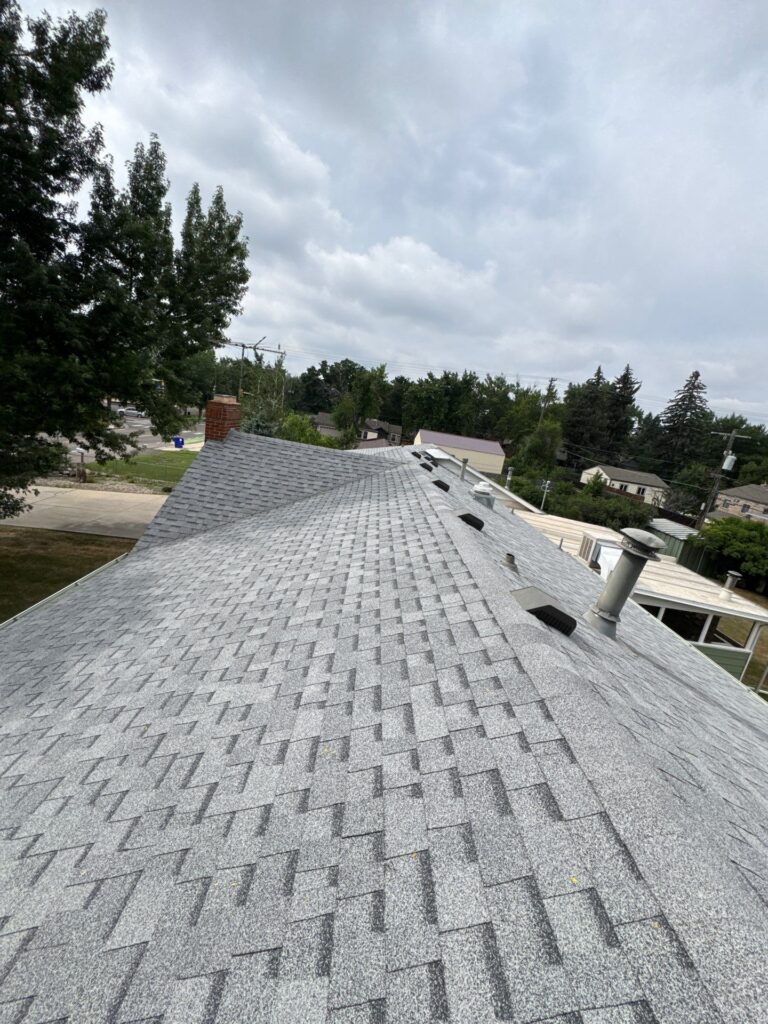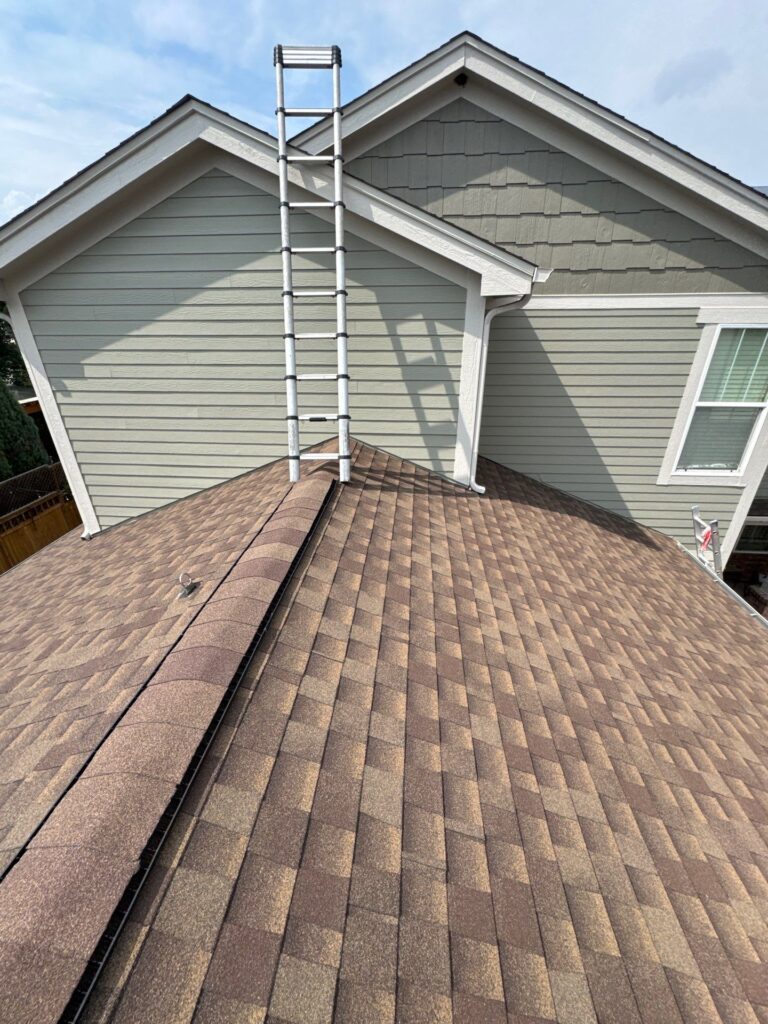The Longest-Lasting Roofing Materials for Homes: A Complete Guide
When investing in a new roof, longevity is one of the most important qualities homeowners should consider. A durable roof protects your home, enhances its curb appeal, and reduces maintenance costs over time. Understanding which roofing materials last the longest ensures your investment delivers decades of protection and value.
Asphalt Shingles: Reliable and Economical
Asphalt shingles remain one of the most popular choices for American homeowners because they are affordable, versatile, and easy to install. Depending on the grade and maintenance, they typically last between 15 and 30 years. Modern architectural shingles can perform even better, offering improved wind and impact resistance.
- Benefits: Budget-friendly, fast installation, wide range of colors
- Limitations: Shorter lifespan, susceptible to severe weather and UV exposure
Metal Roofing: Engineered for Endurance
Metal roofing continues to rise in popularity for its strength and energy efficiency. Ideal for Colorado’s diverse climate, metal roofs can endure snow, hail, and heavy winds with minimal maintenance. A professionally installed metal system can last 40 to 70 years.
- Benefits: Reflects heat, lowers cooling costs, resists corrosion and fire
- Limitations: Higher upfront cost, can be noisy during rain without insulation
Clay and Concrete Tiles: Time-Tested Resilience
Clay and concrete tiles are among the most enduring roofing materials available, often lasting 50 to 100 years. Their dense composition provides excellent resistance to fire, wind, and rot. These roofs are particularly appealing for homeowners seeking timeless architectural character.
- Benefits: Long lifespan, exceptional heat resistance, low maintenance
- Limitations: Heavier than other materials, requires structural reinforcement
Slate Roofing: The Ultimate in Longevity
Slate roofing stands at the top of the durability scale. Crafted from natural stone, slate can last 75 to 150 years or more with proper installation and care. Its elegant appearance, fireproof nature, and resilience to weather make it an unmatched investment for those seeking a lifetime roof.
- Benefits: Virtually maintenance-free, visually striking, environmentally friendly
- Limitations: High material and installation cost, requires skilled installers
Synthetic Roofing: Advanced Durability with Modern Design
Modern synthetic roofs, such as composite shingles and rubber slate, combine the aesthetics of traditional materials with contemporary durability. They’re lightweight, impact-resistant, and come with warranties ranging from 30 to 50 years.
- Benefits: Eco-conscious production, easy installation, resistant to fading
- Limitations: Newer technology—long-term performance varies by brand
How to Choose the Right Roof for Longevity
When determining which material will last longest for your home, consider:
- Climate: Denver’s weather demands materials that handle temperature shifts and hail.
- Budget: While slate and metal have higher upfront costs, they deliver unmatched lifespan value.
- Aesthetics: The style of your home should complement the chosen roofing texture and color.
- Maintenance: Low-maintenance materials like metal and slate are ideal for long-term savings.
Trusted Roofing Experts in Denver, Colorado
For homeowners seeking expert advice on durable roofing solutions, working with skilled professionals makes all the difference. Tried and True Roofing, a leading roofing company in Denver, offers comprehensive roofing and roof repair Denver CO services tailored to Colorado’s unique conditions. With years of experience, our Denver roofers ensure each project achieves superior protection and longevity.
Conclusion
The lifespan of a roof depends on its materials, installation, and maintenance. Slate delivers the highest durability, lasting well over a century, while metal and tile provide excellent value for long-term protection. Asphalt shingles and modern synthetics remain practical options for balanced cost and reliability. By choosing the right system and partnering with an experienced Denver roofing contractor, homeowners can ensure their roofs endure beautifully for generations.
The Longest-Lasting Roofing Materials for Homes: A Complete Guide Read More »

